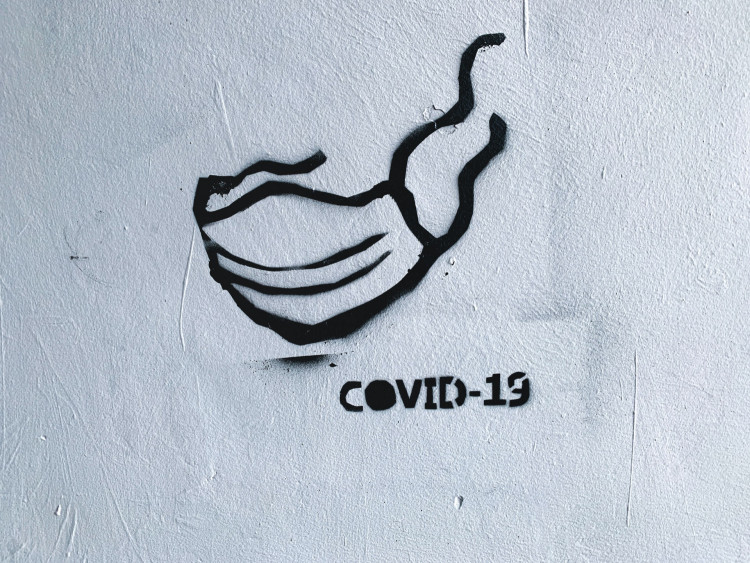Scientists have calculated that an individual's age does not reflect how likely they are to be SARS-CoV-2 infected. The occurrence of complications, disease progression, and mortality are age-dependent, however.
Owing to the current COVID-19 pandemic, a substantial number of deaths have occurred, and it has been found that elderly people disproportionately experience serious symptoms and display greater mortality.
A team of scientists, including Associate Professor Ryosuke Omori of Hokkaido University's Research Center for Zoonoses Control, have modeled available evidence from Japan, Spain, and Italy to demonstrate that vulnerability to COVID-19 is age-independent, whereas the incidence of symptomatic COVID-19 is likely to depend on age, severity, and mortality. Their findings were published in the journal Science Reports.
Two factors may be responsible for the causes of mortality among the elderly: how likely they are to be infected because of their advanced age (age-dependent susceptibility), which is reflected in the number of cases; and how likely they are to be afflicted by a serious form of the disease because of their advanced age (age-dependent severity), which is reflected in the mortality rate. For COVID-19, these aspects are not well understood.
In order to decide whether there was any association between age, vulnerability, and intensity, scientists decided to examine data from Italy, Spain, and Japan. As they have well recorded, publicly accessible data, these three countries were selected. The death rate (number of casualties per 100,000) was 382.3 for Italy, 507.2 for Spain, and 13.2 for Japan as of May 2020. However, the age distribution of mortality (the relative number of deaths per age group) for these countries was comparable, considering the large difference in mortality rates.
A statistical model was developed by scientists to measure vulnerability under various conditions in each age group. They also took into account the estimated degree of human-to-human interaction in each age group, as well as differing degrees of exclusion in the three countries for outside-home activities.
The model shows that if they believe age does not affect magnitude and mortality, the vulnerability needs to be unrealistically different between age classes. On the other hand, the model found that age should not have an effect on vulnerability, but should have a negative impact on severity and mortality, explaining the fact that the age distribution of mortality between the three countries is close.
Ryosuke Omori specializes in epidemiological modeling: to understand and predict the spread of diseases, using mathematics and statistics. Since the outbreak of COVID-19, his activities have concentrated on assessing the true magnitude of the pandemic's dissemination in Japan and abroad.






